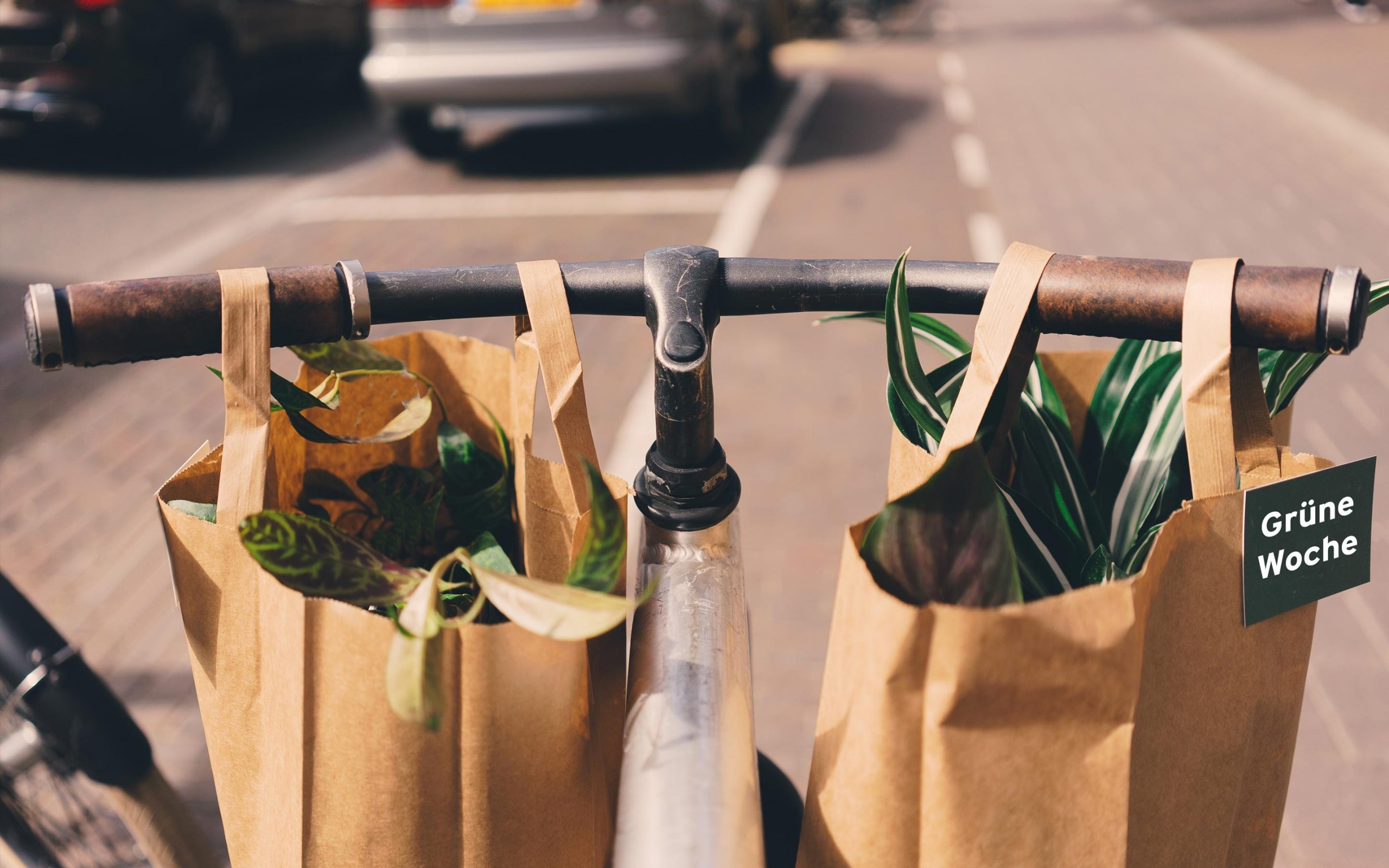
Sustainability week: sustainability for every day
Within the European Sustainability Week (ESDW) from Good Travel we have collected tips on more sustainability in everyday life, which we want to give you here.
The Sustainability Week has existed since 2015, during which many activities, projects and events take place every year that are intended to promote sustainable development. And that across Europe. This year, believe it or not, there were 2.524 initiatives from 27 countries that want to promote sustainable development with their actions.
All sustainability tips here on our blog
And you too can take action. For example, check out which events are taking place in your area and take part in them. Or try to integrate more sustainability into your everyday life. Because mostly it's small changes that make a big difference. Don't know where to start Here are a few suggestions:
# 1: switch to green electricity
Many know but do not put it into practice. But changing the electricity provider is easier than expected, because the termination and everything else will be done by the new electricity provider for you! All you have to do is choose a green electricity provider and sign a new contract. Comparison portals help you to find cheap offers (for example here)
# 2: Educate yourself about the products you buy.
# 3: Buy regionally and seasonally
Regional and seasonal is not only environmentally friendly, it also tastes much better. Because long transport routes are eliminated and energy-intensive storage in the cold store is also not necessary if you buy seasonally. A great way to get a feel for the seasonality and regionality are subscriptions to vegetable crates, which are now offered by many farmers. Otherwise this will help you season calendar with your next purchase. Incidentally, strawberries are especially delicious in June 😉
# 4: plant your balcony (bee-friendly)
Whether tomatoes, peppers, strawberries or rocket - plant whatever you want. But colorful flowers are also important. Not only do they look pretty, but they are also vital for bees to survive. Did you know that over 75 percent of all crops and crops in Europe depend on bee pollination? We owe a large part of the fruit and vegetable supply, but also the supply of nuts and oils, to the bees. They are therefore the third most important livestock after pigs and cattle. It is therefore extremely important to maintain a bee-friendly balcony. Bee-friendly plants include sunflowers, lavender, wildflower mixes and bluebells.
# 5: Use the bike more often
... and leave the car at home. This is not only good for the environment, but also good for you. You are not only doing something for your body by moving and being in the fresh air - it is also incredibly fun to explore your surroundings by bike. For example, what do you think of going on a bike ride to a nearby lake? And the bicycle is a nice alternative in other ways too: why use the car to go shopping when you have just as much storage space in a bicycle bag or basket?
# 6: reduce your paper usage
Whether for school, university or in the office - mountains of paper easily pile up here. So think carefully about whether you really have to print or whether you can also use your document digitally. Often times it is not necessary to print. And if you do, then use recycled paper, which consists of waste paper and which does not require trees to be cut down. Also: print the back and try to print several pages on one side - this also saves paper.
# 7: Use glass or stainless steel bottles
... and drinks tap water. Here in Germany, the drinking water is subject to the strictest controls and is of very high quality. It is best to fill the tap water in a glass or stainless steel bottle and thus not only use less plastic (bottles), but also the nasty hauling of heavy water containers 😉






COMMENT